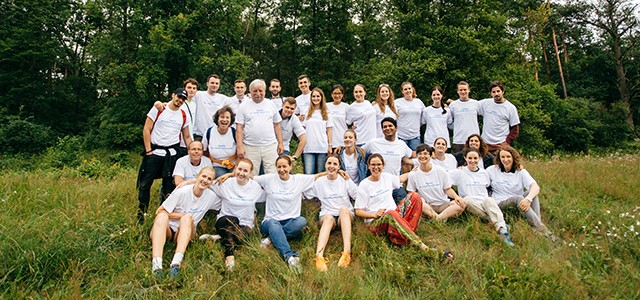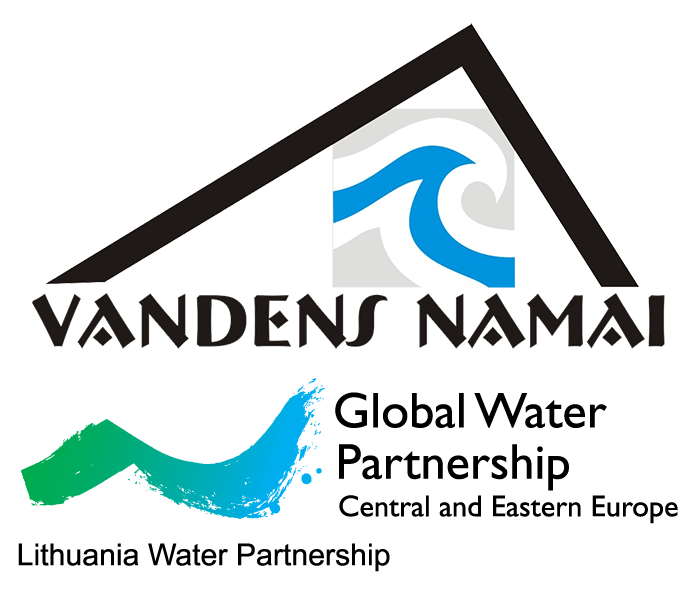Vilnius University hydrometeorology master studies program
Ist year student Rasa Garbenčiūtė
I heard of GWP CEE (Global Water Partnership in Central and Eastern Europe) hosted summer school “Sustainable development of water resources – current challenges and possibilities” through PI „Vandens namai“ and Vilnius University hydrology and climatology cathedral provided information on their web site, but the reason I filled out an attendant form thanks to professor G. Stankūnavičius, who lectures at the university I currently attend my masters at. I had my doubts at first, but I filled the form out, and soon I received the confirmation that I did get a spot at the lectures. The event was held at Warsav University of Life Sciences from July 9th to 16th.
The six days of learning were split into different topics. The first day was all about getting to know how water gets cleaned and IWRM (integrated water resource management). Lectures were taught by water and environmental protection expert Dr. D. Thalmeinerova (who was also one of the main organizers of this summer school), regional GWP CEE coordinator Dr. R. Muller, and UNESCO representatives – Prof. L. Miklos and Dr. A. Condeiro. Dr. A. Condeiro stressed the problem of water wasting, and suggested this problem to be solved by creating „water“ works. The whole of the second day was dedicated to a trip to Kampinos national park, where a guide told the park history, the development of it, and of people‘s impact on flora and fauna that lives in the said park. Third day was oriented to economy and IWRM, lectures taught by Prof. M. Scoullos. Innovative solutions were kept until the fourth day. During their lectures F. Brikke and University of Lublin professor Dr. T. Griessler Bulc spoke of how important it is to lessen the irresponsible consumption of natural resources, and how it would be so much easier to adjust to climate change by simply using the „green“ infrastructure. The final two days were used for the said climate change and adapting. S. Brandstetteris, minister of Austrian federal ministry of agriculture, forestry and water management spoke of communications between the countries in the pool of Danube. S. Bokal – coordinator of integrated drought control program spoke of challenges when it comes to trying to create an international program on extreme events, and A. Potokar, environmental engineer, who is directly connected to water and water resources protection and restoration, used the time to speak of her work on designing and perfecting the system of cleaning up the wetlands wastewater.
During the whole six days of lectures not only did we gather up all the theory, but got to do various practical assignments, group projects, and tests that helped us truly embed the new knowledge we received. To add to that, GWP youth program leaders A. Gupta and A. Vagliente shared their experience on developing an international youth organization, and spoke of in what ways can youth get involved in the process of making the decisions related to water.
As said before, six days of lectures were very intense, full of theory, and practical assignments. The fact that lectures were held not just by professors of famous universities, but representatives of global organizations left a good impression on the whole project. They gladly shared their experience with us, and answered every raised question. Lectures were attended by diverse students of water related doctoral or masters’ studies from various European countries. That provided a perk of hearing the shared stories from scientific and personal fields in the studies. Therefore I am happy for the chance to attend this summer school, I am truly enriched by all the knowledge I received of water resources control, and the motivation for the upcoming academic activity. To add to that, I met some wonderful people there with whom I hope to cooperate and communicate in the future too.

